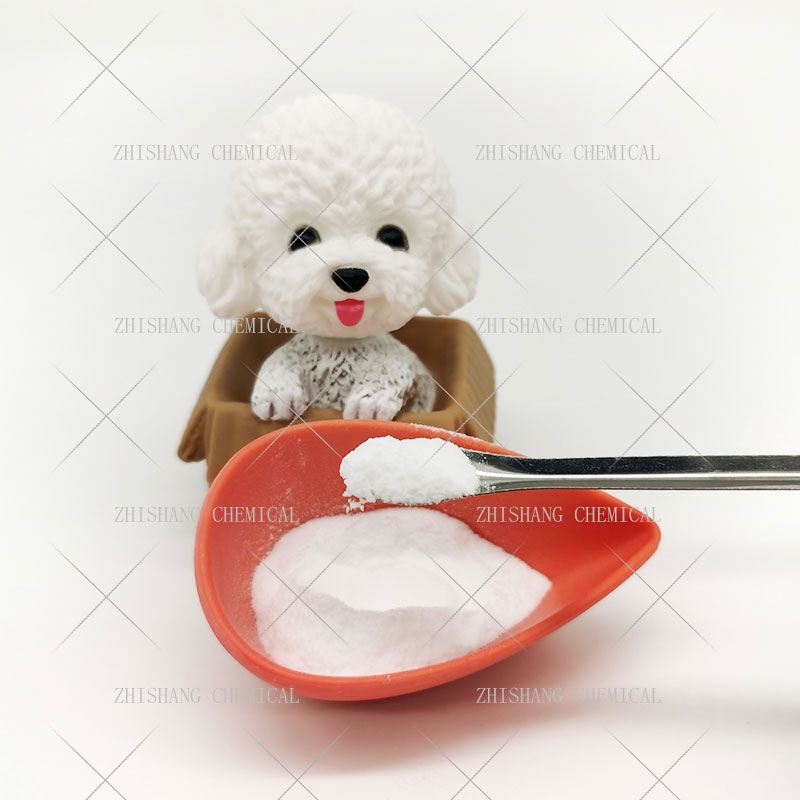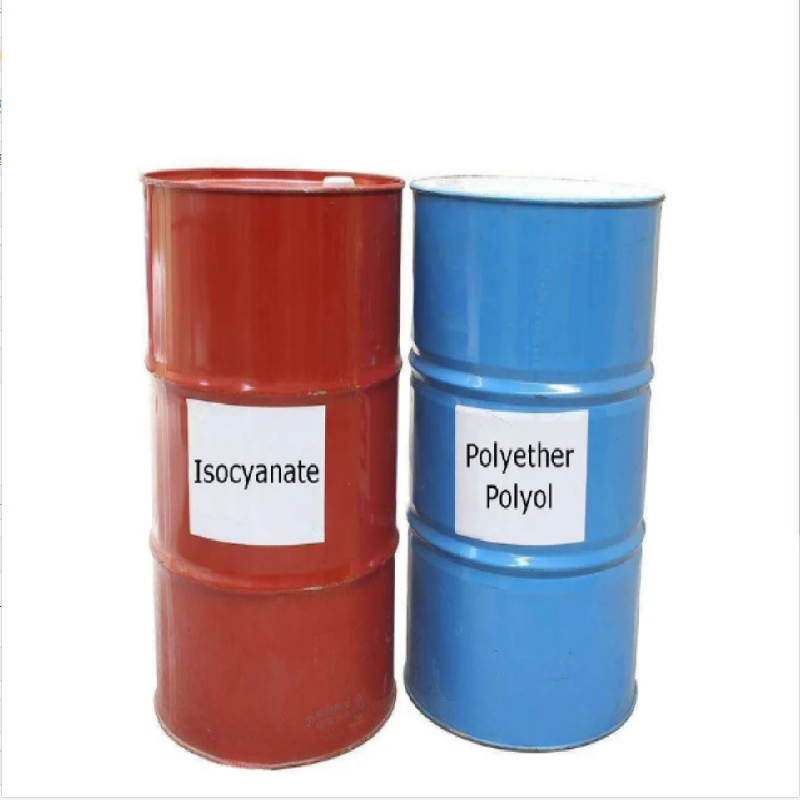-
Categories
-
Pharmaceutical Intermediates
-
Active Pharmaceutical Ingredients
-
Food Additives
- Industrial Coatings
- Agrochemicals
- Dyes and Pigments
- Surfactant
- Flavors and Fragrances
- Chemical Reagents
- Catalyst and Auxiliary
- Natural Products
- Inorganic Chemistry
-
Organic Chemistry
-
Biochemical Engineering
- Analytical Chemistry
-
Cosmetic Ingredient
- Water Treatment Chemical
-
Pharmaceutical Intermediates
Promotion
ECHEMI Mall
Wholesale
Weekly Price
Exhibition
News
-
Trade Service
If all kinds of coatings are stored improperly, precipitation, dry knots, glue and so on will occur. Such as water-based lactamine method temperature is lower than 0 degrees C, easy to destroy the emulsification state, so that its spoilage scrap, so it is necessary to understand the paint view, quality identification and inspection, master the storage and storage methods of coatings.
All kinds of coatings, auxiliary materials normal appearance and inspection
kinds
normal appearance
inspection method
water-soluble coatings
no turbidity phenomenon, with sticky research by hand, after stirring pigment suspension uniform, there are Normal slurry state
e.g. abnormal odor, flocculation becomes murky, can be taken out a little trial, direct observation of its effect
synthetic resin coating
should be no hard blocks, do not condense, do not separate after stirring in a uniform state, natural conditions can be dry, cured, Mold-free state
such as the appearance of lumps, condensation, separation state, after stirring can not be improved, you can take out a little trial, direct observation of its effect
fudder
talc powder: fine particles, color is not very white
Smooth delicate sense, wash with water is off
big white powder: particles than talcum powder thicker, color than talc powder
white
The particles are coarser, some are gray-white
when studying, there are particles, but the water can be chemicalized
zinc white (zinc oxide, Lid powder, lead white): color white has a harsh feeling, particle fineness between the big white powder and plaster powder
Wipe off
commonly used all kinds of paint, thinner normal appearance and inspection
kinds
normal appearance
inspection methods
varnish class
clear and transparent, lighter color, proper consistency, the lighter the color, the more transparent the better . Phenolic varnish for light yellow, brown to yellow brown, transparent oily liquid, alcoholic acid varnish for light red brown transparent oily liquid Can also be sampled into a clean and dry color tube, with different turbidity of the standard liquid comparison
paint class
open cover after the surface has no skin (allowing slight skin), only a thin layer of oil or thinner, thicker below, but once stirred can be fully mixed. Color meets the requirements, the viscosity is moderate
such as the discovery of precipitation, skin, thickening, thickening and other phenomena indicate changes. After stirring the paint, with a stick to provoke paint observation, paint silk color should be free to land without interruption, such as interruption of retracting shows that the paint quickly glued into
raw paint class
milky white or grayish-yellow viscous liquid, with a strong acid flavor
After painting the color from white to red, from red to purple, and finally into a bright, hard paint film
disist class
good quality thinner should be water white clear transparent liquid, no impurities, no suspension, no Odor; normal nitrodi thinner has banana flavor, alicic acid thinner has aromatic aroma, amino thinner should have a mild alcohol taste of butanol
normal diluent should have a certain rate of volatility, after volatility should not leave traces of residues. Can drop a little thinner on the filter paper, after a few can check whether all volatile (with or without residual impurities); Mix a small amount of thinner with the corresponding resin or paint to see if it is soluble
commonly used paint descension identification and treatment methods
name
phenomenon
cause
treatment method
turbidity
more commonly seen varnish or varnish. Generally mild turbidity, there is also thickening phenomenon, serious for white paste
thinner improper selection or excessive dosage, room temperature is too low, relative humidity is too large, container closure is not strict, containing moisture, lead drying agent dosage too much
Turbo fuel-saving, butanol or benzene cyclic hydrocarbon solvents, heated to 60-65C with water insulation, room temperature controlled at 18-25C, relative humidity at 65%
5%
thickening
viscosity increased, thickened, in severe cases Frozen glue-like
paint is too acidic, react with alkaline dyes, the finished product polymerization is excessive, the temperature is too hot, too cold, container leakage, leakage
room temperature is maintained at 18 to 25C paint water isolation heating, alkyd amino paint can be added to the solvent 25% of butt alcohol
color change
varnish category: black red, red-brown
-color paint category: up and down color is not consistent, gold powder, silver powder blackened
varnish class: solvent hydrolyzed and iron container anti
should
; Paint contains acidic resin
color paint category: pigment fading, metal pigment greening, pigment precipitation
Now in use, varnish can be added a little phosphoric acid
recipitation
varnish category: the bottom layer is deposited with a variety of impurities or insoluble substances, the upper paint material is intact
color paint class: in general sediment can Crushed, in severe cases must be shredded
varnish class: paint with impurities or insoluble substances, lead drying agent in storage too cold or moisture, solvent improper use
color paint class: pigment density, particles too thick, Too many body pigments
varnish class: filter off impurities
color paint class: regularly repeated inversion, use when fully stirred, after the lump re-research and deployment or used in non-important parts
container deformation
container bulging, expansion
days of heat, the container temperature is too high, the paint becomes gaseous
hether at the lower
crust.
open the paint barrel, there is a thin layer of skin on the surface, sometimes small particles or all the gel phenomenon
the container is not tightly closed, the surface of the coating and air contact, drying agent plus too many people. Storage time is too long
before use, the paint is refiltered, the paint is leftover in the paint surface with a thinner drying agent with part of zinc, calcium drying agent
flating
drying: hard gel, coarse increase or frozen glue
false thickness: thick appearance
oxides and acidic natural resin paint meet, oil and liqueur polymerization excessive, latex water-soluble, Salty substances in pigments, too much drying agent, too much pigment in paint In particular, the use of zinc oxide, zinc tantalum white, carbon black and other pigments
once dried can not be used, this kind of paint should not be stored for too long, by mechanical stirring to add a small amount of organic acid can return to normal, after stirring will be restored to its original condition, stop stirring is still false thick, However,
paint storage and safety protection
material name
storing method
Precautions oily paint
olate paint
polyurethane paint
oil varnish.
polyurethane varnish
oily filler
ol soluble hydrogen
putty
asphalt
on the shelf, should be marked. To avoid long storage times and badness, the new material should be placed behind
the lid should be tightened to prevent volatility and skining. Constant temperature makes the coating viscosity suitable. Place heavy containers underneath in case of handling difficulties. Canned pigments and materials should be placed upside down on a regular basis to prevent precipitation
lotion coating
lotion varnish
acrylic paint
color paint
chalk
dry pigment
cedar plaster
paste powder
powder filler
placed on the shelf, marked. The new material is placed behind the first stored items, cannot be frozen
small pieces on the shelf, large pieces on the floor mat board, scattered material placed in a covered box
to prevent freezing. Water-based coatings have a storage period and must be used up within a
should prevent moisture. Pay attention to the gypsum storage period, moisture-proof to prevent condensation
ol soluble paint dispassionate agent
put on the shelf
temperature above 15C will cause expansion, resulting in sudden out of the container. Prevent open flames
paraffin
phenol oil
(1) in a switched iron bucket placed on the stand (2) in a screwed tank with a screw port of 5-20 L, placed at a low
Tighten the lid and place it in a sealed space separate from the main building
liquid gas
compressed gas
petroleum
culcin coating
cellulose thinner
chlorinated rubber thinner
Alcoholic alcohol
polychloroformide thinner
(1) placed on the outside should prevent contact with ice and direct sunlight
(2) special warehouse structure as follows:
wall: application brick, stone, concrete or other fireproof materials Building
roof: apply fragile material auxiliary cover to reduce explosive force
doors and windows: thickness of 50 mm, outward
glass: thickness should not be less than 6 mm of wire glass
ground: concrete floor, should be tilted, Spilled solutions should not be left under the container lighting switch: in order not to cause sparks, they should be installed outdoors
store according to the most flammable liquid and liquefied petroleum gas storage regulations
Note: These regulations apply only to materials containing more than
50L






